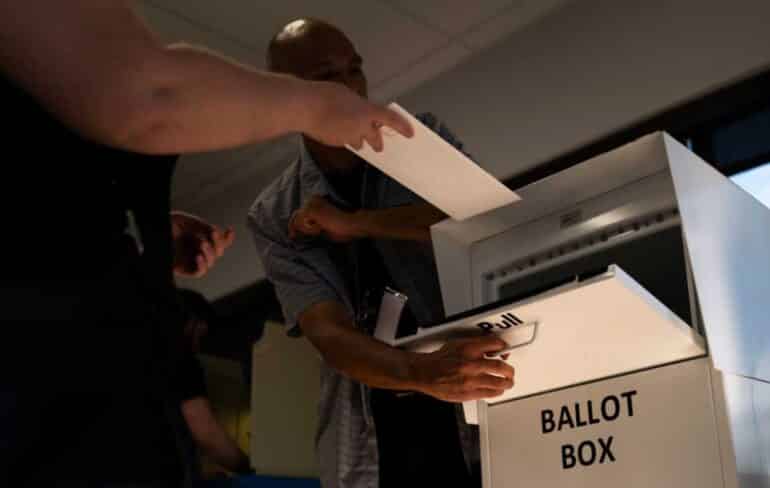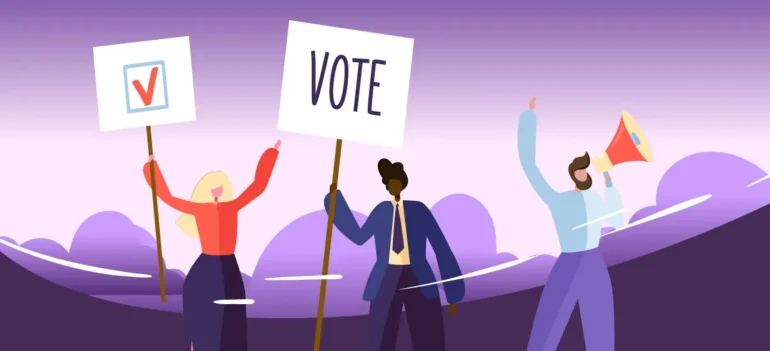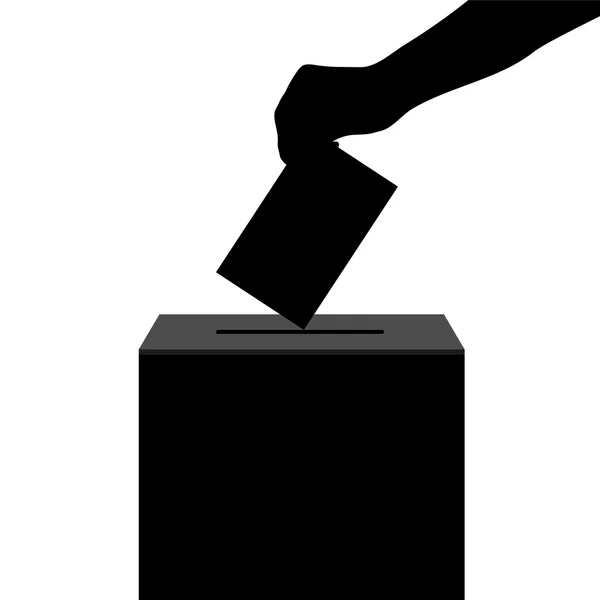The question of whether voting should be public or private touches on core values like personal freedom, privacy, and the integrity of democratic processes. Both sides of the debate offer compelling arguments.

The Case for Private Voting:
Privacy is a fundamental human right, and voting is no exception. A private vote ensures that individuals can express their opinions without fear of social, political, or economic repercussions. If voting were public, people might be coerced, threatened, or bribed into voting a certain way. The secrecy of the ballot allows citizens to make choices based purely on their personal convictions, without external pressures.
Moreover, private voting encourages diversity of thought, enabling marginalized or minority groups to participate fully in democracy without the risk of being ostracized or discriminated against for their views.

The Case for Public Voting:
On the other hand, proponents of public voting argue that it could promote accountability and transparency. If votes were public, politicians and political parties might take voter preferences more seriously, leading to a more responsive government. Public voting could also deter fraud or manipulation, as it’s easier to spot inconsistencies and irregularities in a public system. Additionally, public voting may foster a stronger sense of civic duty, encouraging citizens to be more engaged and responsible in their choices.
Conclusion:
In a democracy, the right to vote privately is crucial to ensuring that every voice is heard without fear of reprisal. While public voting could have some benefits, the potential risks to personal freedom and the integrity of elections make private voting the preferred option in most modern democracies. Ultimately, safeguarding privacy in the voting process is essential to upholding the principles of fairness, equality, and freedom that democracy strives to protect.















